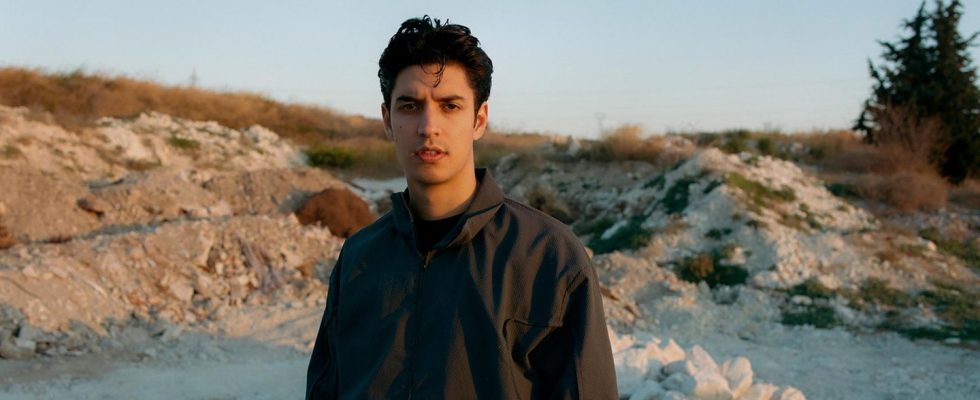The Berlin rapper Apsilon determines the social discourse like no other musician of his generation. A conversation about structural racism, masculinity and the relationship with his grandparents.
Apsilon has always remained loyal to his homeland of Moabit. In his youth, the Berliner listened to hard street rap and played basketball with his little brother Arman. Masculinity, strength and dominance were always present back then, he says today. At some point he begins to put his feelings into his own song lyrics.
With his first EP “Gast” he is immediately one of the most discussed newcomers in German hip-hop at the beginning of 2022. Hardly anyone conveys the anti-capital spirit of West Berlin’s youth as authentically as the grandson of Turkish guest workers.
At the end of last year, “Baba” was a homage to his father and a critical examination of repressed feelings and stereotypical masculinity. With the star Apsilon talks about life as a third generation immigrant and the impact of structural racism on mental health.
Apsilon, your texts and videos are always about your life grandparents. Can you tell a little about her?
Luckily, my grandparents are all still alive. The grandfather who appears in the music videos is called Abbas and is my father’s father. He came to Germany in the 70s and originally comes from Iğdır, which is in the very east of Turkey on the border with Azerbaijan. He and my grandmother have lived in Schöneberg for as long as I can remember. My grandfather runs a lot, basically all day – sometimes 20 to 30 kilometers. He either listens to my rap songs or Turkish-Azerbaijani folk songs.
What about your mother’s parents?
Like us, they always lived in Moabit. My brother Arman and I were often with them during our childhood and I still see them several times a week. Compared to most people my age, I see my grandparents quite often, I would say.
Her four grandparents came to Berlin as so-called “guest workers” 62 years ago as part of the German-Turkish recruitment agreement. Germany’s economy was booming, so workers were brought in from abroad, made to work under difficult conditions and paid them low wages. How did your family talk about these experiences?
I was politically active from an early age, but conversations with my grandparents made me emotionally politicized in a completely different way. After the racist murders in Hanau three years ago, I started talking to you even more specifically about your life in Germany. About their work in the factories back then, the living situation and also the social mood at the time. Your stories play a very important role for me. We, children of the third generation of immigrants, cannot be understood without looking at the lives of our grandparents.

